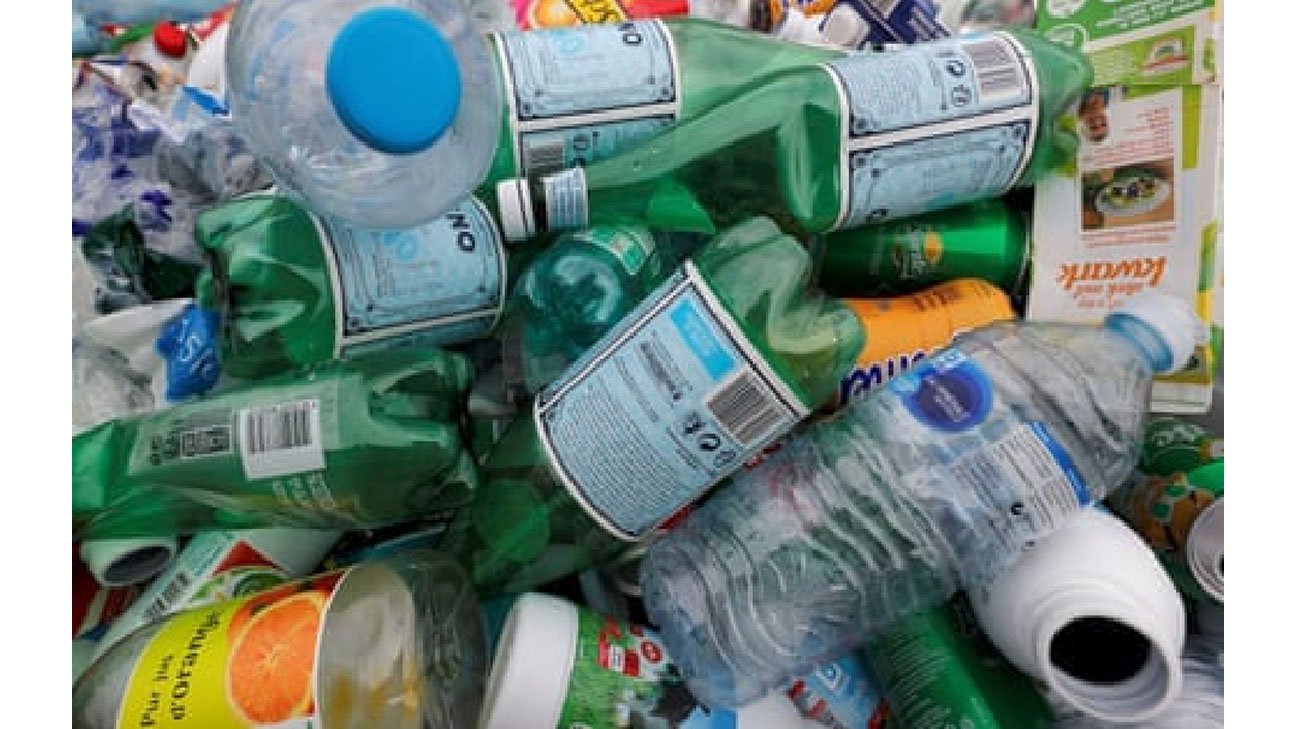Plastic waste threat omnipresent

Awareness against the use of harmful polythene and plastic products in the country is increasing.
Scientists examining the alternative of plastic for a long period, have often warned that plastic products do not mix with the soil even in 400 years.
Plastic waste destroys the biodiversity of the river stream and the seashore ecology. Every year over eight million tons of plastic waste is generated in Bangladesh, according to an environmental organization’s survey.
From 2005 to 2017, a study showed that plastic production and usage in the world had tremendously increased.
Plastic waste was causing severe damage to water, soil, and environment. People are carrying polythene and plastic products enormously. Around one million animals embrace death annually only for plastic pollution. Every year, 400 million plastic bottles are being manufactured, but global anti-plastic sense is becoming apparent. Such awareness is also important in Bangladesh. Plastics are cheap enough; however, it is not possible to make a plastic-free Bangladesh by tomorrow.
Along with the use of jute packaging, alternative plastic-free products will be made available. Community-based waste management should be expanded, suggests University of Dhaka’s Environmental Science Professor Ikramul Haque. For this, a short, medium and long-term plan should be considered. Polythene is already banned in the market, It has to be halted, Professor Asif Saleh adds.
Plastic pollution creates adverse effects on animal foods. It is more prone to marine mammals. In many cases, plastic products such as mesh entangle marine animals. That is why they are harmed and death occurs. There is a lot of use of plastic in all works in rural areas. House doors and windows are also available in plastic. So it is not possible to get rid of it overnight. But it is possible to control its misuse. Due to plastic, drainage canals are blocked.
However, polythene packets are still available in the polythene market. Polythene factories are so small that it is possible to produce Polythene products within a single small room. As a result, it cannot be stopped by repeated operations, on condition of anonymity, a Ministry of Environment, Forest and Climate Change official told Bangladesh Post.
e-waste in the country is also increasing due to the increase in information technology, secretary-general of Environment and Social Development Organization (ESDO), Shahriar Hossain said, "about 70 percent of e-waste is plastic. City corporation and service companies do not take any initiative in this plastic waste management separately from conventional waste."
He also said that City Corporation needs to take initiative to collect waste in red, yellow and green color marked cans.
About 80 percent of household waste is plastic. However, due to no different method of collecting and removing plastic wastes, decomposed waste is not available for any purpose.
Environmental Lawyer and Activist Md. Niamul Kabir Mithu told Bangladesh Post, “the processing of energy from plastic waste is possible. The government has to recognize the importance of such initiatives. Besides, those who are making use of recyclable products from plastic waste have to cooperate with them. So, it is possible to go to zero-waste management of plastics in the country."
BRAC University Emeritus Professor and renowned climate change specialist Dr. Ainun Nishat said, "They use virgin plastic as even plastic products are banned in America. It is harming the environment. Now there are several colored polythenes in the fish belt of the coast. Plastics and polythene are harming people and fishes at the same time. People need to be aware of this. Tree seedlings are being made in polybags. These plants are blown away in a little wind. Environmental harmful polythene and plastic substitutes should be considered right now."
Director-General of the Department of Environment, Sultan Ahmad said to Bangladesh Post, “due to plastic materials, environmental pollution is increasing. Global awareness is arising from this. Everyone is trying, how to reduce the misuse. Many alternative products are coming to the market. But these are expensive. However, compared to the loss to environment due to polythene, this expense seems inexpensive." He said, however, the use of polythene should be curtailed. The reason is that the marine environment is being damaged. People are suffering from various diseases. So plastic use should be controlled.
Additional Director General of the Department of Environment, Kazi Sarwar Imtiaz Hashmi said to Bangladesh Post "Awareness to save the environment from plastic products is critical. Product entrepreneurs can also play a role in this regard. If they take away the plastic packets, bottles from the consumers, with some benefits, many wastes will not spread in the open environment." As a substitute for plastic bags, it is necessary to encourage the adoption of cloth and jute bags with basic financial support for their production."




